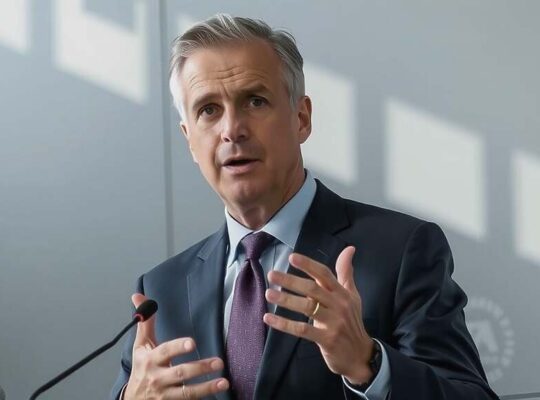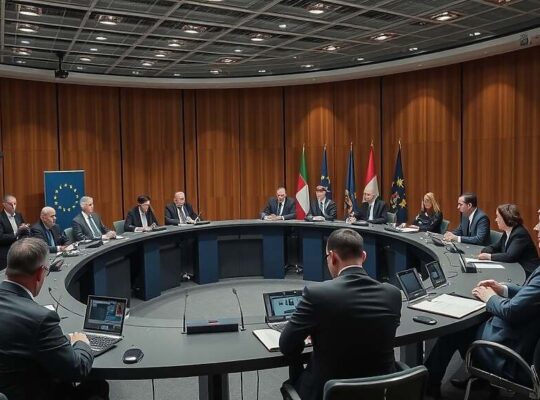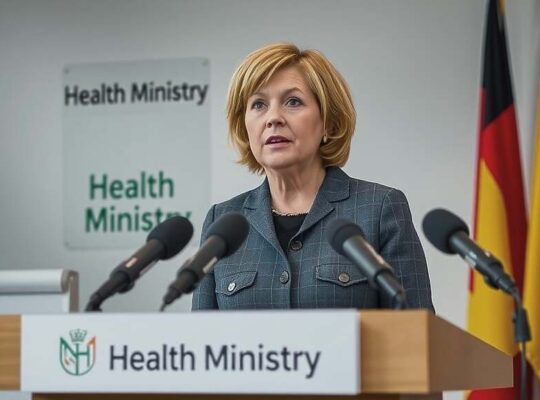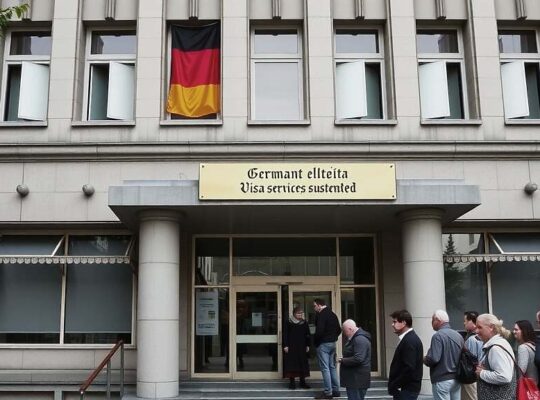The Volksbund Deutsche Kriegsgräberfürsorge (German War Graves Commission), a cornerstone of national remembrance, is facing a deepening financial crisis that threatens the upkeep of vital memorial sites, its president, Wolfgang Schneiderhan, has warned ahead of the national day of mourning. While a recent increase of €2.5 million in the federal budget is acknowledged and appreciated, Schneiderhan emphasized that this represents a mere fraction of the organization’s current deficit, particularly given the one-off nature of the funding.
The core issue, Schneiderhan stated, lies in a widening structural deficit. Historically reliant on generous public donations – still constituting over half of its annual revenue of approximately €54 million – the Commission is now experiencing a demonstrable decline in this vital income stream. This reduction coincides with steadily rising operational costs, acutely impacted by soaring energy prices and substantially increased wage demands in Eastern Europe, regions where many war gravesites are located.
Beyond current operational pressures, a significant investment backlog of over €20 million looms large. This backlog encompasses essential maintenance and conservation work across the 23 war gravesites in Western Europe recently designated as UNESCO World Heritage sites – a designation that brings with it both prestige and increased responsibility for preservation.
Schneiderhan’s stark warning raises critical questions about the long-term commitment of the German government to honoring its historical responsibilities. While memorializing the victims of war and violence is ostensibly a shared national duty, the current trajectory suggests a potential abdication of this role by the state, leaving a void that the Commission, supported by a dwindling base of approximately 68,000 members, is increasingly unable to fill. The organization’s plea for a “reliable and sustainable financing” underscores the growing concern that without decisive action, the very sites intended to serve as poignant reminders of the horrors of conflict risk falling into disrepair, a deeply unsettling prospect for a nation burdened by its past. The current situation highlights a potential disconnect between national rhetoric concerning remembrance and the concrete financial resources allocated to uphold it, prompting calls for a more robust and consistent government commitment.












